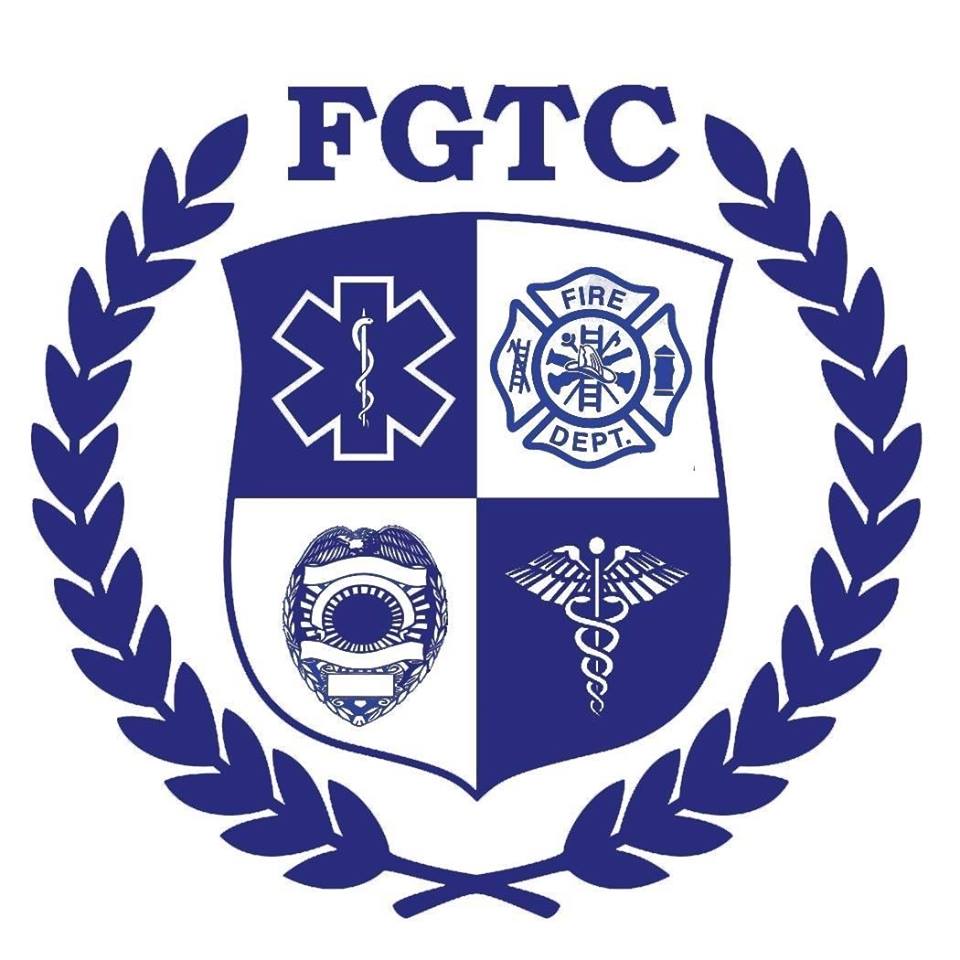CPR Classes
45 Years of Experience | Locally Owned | Highly Trained Staff
45 Years of ExperienceLocally OwnedHighly Trained Staff
Courses Offered:
- Heartsaver (CPR, AED, First Aid)
- BLS healthcare provider (BLS)
- Advanced Cardiac Life Support (ACLS)
- Pediatric Advanced Life Support (PALS)
- Bloodborne Pathogens
See below for a detailed description of each course.
As an American Heart Association authorized Training Center our mission is to strengthen the Chain of Survival in the population we serve by providing high quality, effective life support training backed by the American Heart Association.
The American Heart Association’s Emergency Cardiovascular Care (ECC) Programs deliver a dynamic message of hope — the hope of saving lives. New treatments have improved the possibility of survival from cardiovascular emergencies, cardiac arrest and stroke. These new treatments offer the hope of improved quality of life for people who suffer from these events.
Increasing public awareness of the importance of early intervention and ensuring greater public access to defibrillation will save many lives. Faithful Guardian Training Center programs train more than 4000 people every year by educating healthcare providers, caregivers and the general public on how to respond to these emergencies.
Our Heartsaver® Courses are for anyone with limited or no medical training who needs a course completion card for the job, regulatory or other requirements. These courses are also designed to meet OSHA requirements. For many of our courses, students receive a course completion card that is valid for two years.
Heartsaver® (CPR First Aid AED) is a classroom, video-based, instructor-led course that teaches adult CPR and AED use, as well as how to relieve choking on an adult. First Aid will also be covered in this course. This course teaches skills with AHA’s research-proven Practice-While-Watching (PWW) technique, which allows instructors to observe the students, provide feedback and guide the students’ learning of skills.
Most teachers, gym trainers, day care workers, foster parents, construction workers, etc, require this course certification. If you are unsure of the exact course certification you are needing, please check with your employer.
The Basic Life Support (BLS) for Healthcare Providers Classroom Course is designed to provide a wide variety of healthcare professionals the ability to recognize several life-threatening emergencies, provide CPR, use an AED, and relieve choking in a safe, timely and effective manner.
This course is for healthcare professionals who need to know how to perform CPR, as well as, other lifesaving skills, in a wide variety of in-hospital and out-of-hospital settings.
This course covers the following topics:
- Critical concepts of high-quality CPR
- The American Heart Association Chain of Survival
- 1-Rescuer CPR and AED for adult, child and infant
- 2-Rescuer CPR and AED for adult, child and infant
- Differences between adult, child and infant rescue techniques
- Bag-mask techniques for adult, child and infant
- Rescue breathing for adult, child and infant
- Relief of choking for adult, child and infant
- CPR with an advanced airway
The Advanced Cardiac Life Support (ACLS) Provider Course is a video-based, Instructor-led course designed to teach the importance of high-performance team dynamics and communication, systems of care, recognition and intervention of cardiopulmonary arrest, immediate post-cardiac arrest, acute dysrhythmia, stroke, and acute coronary syndromes (ACS).
This course is for healthcare professionals who need to know how to perform ACLS skills, as well as, other lifesaving skills, in a wide variety of in-hospital and out-of-hospital settings.
Course Content
- Basic life support skills, including effective chest compressions, use of a bag-mask device, and use of an AED
- Recognition and early management of respiratory and cardiac arrest
- Recognition and early management of peri-arrest conditions such as symptomatic bradycardia
- Airway management
- Related pharmacology
- Management of ACS and stroke
- Effective communication as a member and leader of a resuscitation team
Please contact FGTC for ACLS Course schedule.
The Pediatric Advanced Life Support (PALS) Provider Course is a video-based, Instructor-led course that uses a series of simulated pediatric emergencies to reinforce the important concepts of a systematic approach to pediatric assessment, basic life support, PALS treatment algorithms, effective resuscitation and team dynamics.
This course I for healthcare professionals who need to know how to perform PALS skills, as well as, other lifesaving pediatric skills, in a variety of in-hospital and out-of-hospital settings.
Course Content
- High-quality Child CPR AED and Infant CPR
- Recognition of patients who do and do not require immediate intervention
- Recognition of cardiopulmonary arrest early and application of CPR within 10 seconds
- Apply team dynamics
- Differentiation between respiratory distress and failure
- Early interventions for respiratory distress and failure
- Differentiation between compensated and decompensated (hypotensive) shock
- Early interventions for the treatment of shock
- Differentiation between unstable and stable patients with arrhythmias
- Clinical characteristics of instability in patients with arrhythmias
- Post–cardiac arrest management
Please contact FGTC for PALS Course schedule.
Heartsaver Blood borne Pathogens Course is a classroom course that teaches employees how to protect themselves and others from being exposed to blood or blood-containing materials.
This course is designed to meet Occupational Safety and Health Administration (OSHA)
requirements for blood borne pathogens training when paired with site-specific instruction.
This course is designed for anyone with a reasonable chance of coming into contact with blood borne pathogens such as:
- Correctional Officers
- Childcare workers
- Security guards
- Maintenance workers
- School personnel
- Hotel housekeepers
- Health and fitness club staff
- Tattoo artists
Please contact FGTC for Bloodborne Pathogens Course schedule.
Our Facebook Feed
Contact Us
Faithful Guardian Training Center
Fax: 770-562-6300
285 Carrollton St.
Temple, GA 30179
Tel:
770-214-2252
Temple, GA 30179
Fax: 770-562-6300
Privacy Policy
| Do Not Share My Information
| Conditions of Use
| Notice and Take Down Policy
| Website Accessibility Policy
© 2024
The content on this website is owned by us and our licensors. Do not copy any content (including images) without our consent.





